In the past, in the mid-1860s, all decisions made on the field were discussed between the players, that is, the decision of who gained possession of the ball after it went out of play was determined verbally between the players, or it was “who gets it first”. And as you can imagine, the vast majority of those decisions were controversial and generated a lot of discussions between them, which is why it was necessary for the teams to have a representative, who should discuss with the leader of the opposing team. This leader is the team Captain.
In the early days of Football, the Captain served almost like a referee, they had to know, and also apply the rules on the field, to organize the game.
In 1874 there was a rule change, and now instead of the Captains discussing and deciding the moves, each team had its own referee, who performed this function, without necessarily being on the field participating in the game. At that time, the captains still served as representatives of the team, however, they no longer had decision-making power regarding the game's moves.
To learn more about these crazy football rules, see this article I wrote on the subject here.
Since then, little has changed, and it has been more than 100 years since the Captain's role is simply be the team leader.
Captain's Main Functions
In addition to being the “Leader” of the team, the Captain has only two functions described by the rules. Which are:
- Participate in the draw of who starts with the ball (Heads or Tails).
- And in FIFA World Cup finals, the Captain must be the first to lift the cup.
The Captain must also always be identified with an armband.
Other than that, the Captain's duties are extremely variable and a lot depends on how the club he plays for interprets the “Leader” role he should have.
Some clubs may require more or less from the captain, giving him some specific role or job in training and on the field, such as: organizing plays, passing on information from the coach to the players on the field, assisting in training, etc. Or it could be that the club demands absolutely nothing from the captain, and only elects as such the most prestigious, beloved player, or one who is in good form, to be Captain.
Each club sees this role in different ways, however, it is a consensus among the vast majority of clubs that the Captain must be an experienced player, with the characteristics of a natural leader. Who identifies with the club and also the fans, and must help the team on the field, speaking to the referees and the coach during the match.
Captains of teams that won the World Cup
Lifting the World Cup trophy is one of the greatest honors a human being can have. In total, of the 22 editions of the World Cup, 22 different Captains have lifted the cup over the years, representing their countries:
1930 José Nasazzi - Uruguay
1934 Gianpiero Combi - Italy
1938 Giuseppe Meazza - Italy
1950 Obdulio Varela - Uruguay
1954 Fritz Walter - West Germany
1958 Bellini - Brazil
1962 Mauro - Brazil
1966 Bobby Moore - England
1970 Carlos Alberto Torres - Brazil
1974 Franz Beckenbauer - West Germany
1978 Daniel Passarella - Argentina
1982 Dino Zoff - Italy
1986 Diego Maradona - Argentina
1990 Lothar Matthäus - Germany
1994 Dunga - Brazil
1998 Didier Deschamps - France
2002 Cafu - Brazil
2006 Fabio Cannavaro - Italy
2010 Iker Casillas - Spain
2014 Philipp Lahm - Germany
2018 Hugo Lloris - France
2022 Lionel Messi - Argentina
Greatest captains in history
Rogério Ceni
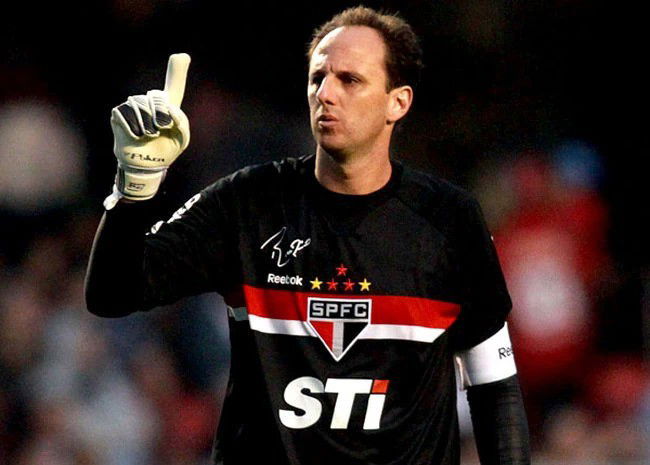
Rogério Ceni is the player who has worn the captain's armband the most for the same club. The São Paulo goalkeeper wore size 982 leading his team during the club's most successful era.
Carles Puyol
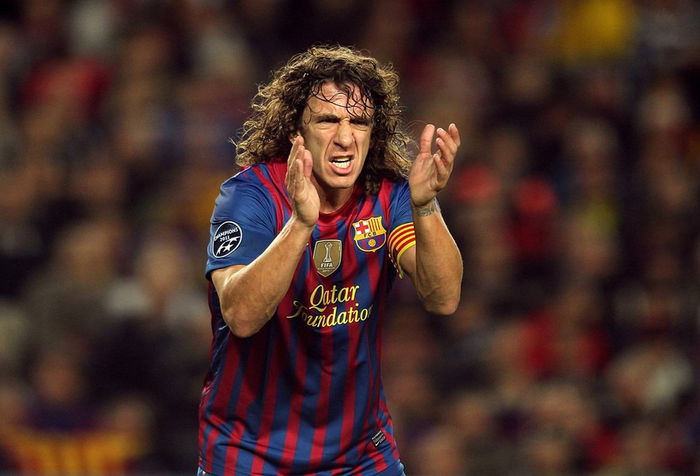
Carles Puyol was never Barcelona's best player, but he was certainly the club's leader. The player gained the respect of fans, colleagues, and opponents, for being one of the greatest natural leaders on the field. His determination and willpower, together with his leadership power, gave him the nickname “El Capitan”, marking him in history as one of the greatest captains in football.
Diego Maradona
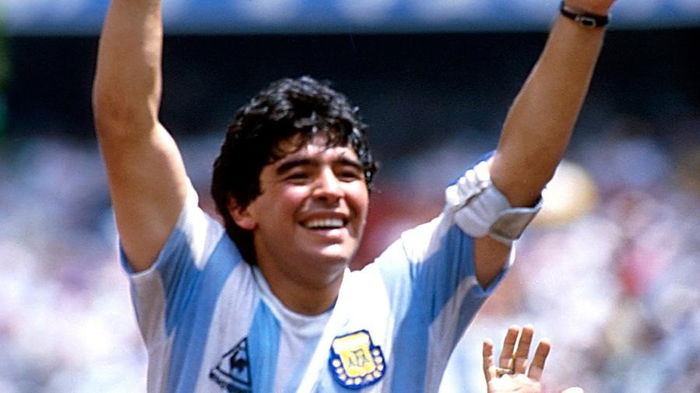
Despite the controversies involving the player, Diego Maradona, was one of the best players and also one of the greatest personalities in the world of football, and led Argentina to the historic title in 1986. After his death in 2020, he was marked in history as a national hero in Argentina, and His image is portrayed in every corner of the country.
Cafu
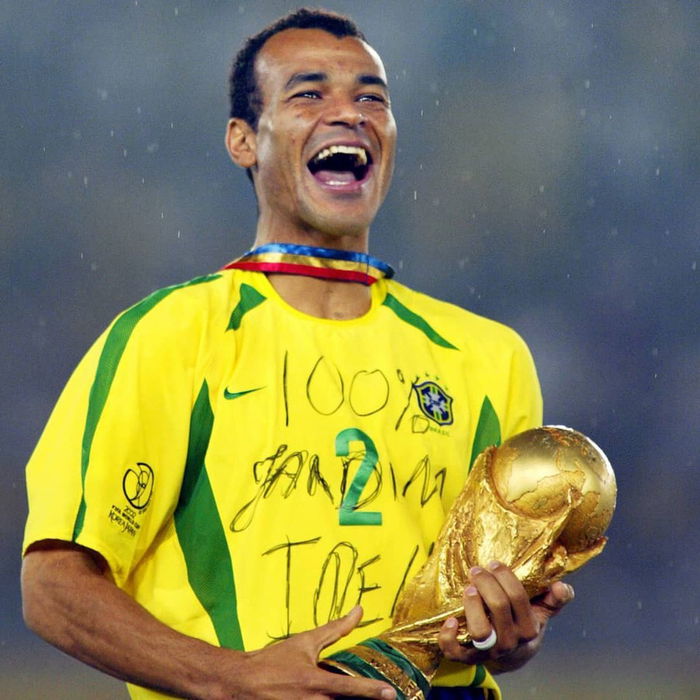
The Captain of Penta, Cafu, to this day he is the only player to participate in 3 World Cup finals. He has played 149 games for the Brazilian national team in total and was one of the most important players in Penta's quest in 2002, as with his leadership, Brazil won cups again, after having suffered against France in the 1998 final.
Conclusion
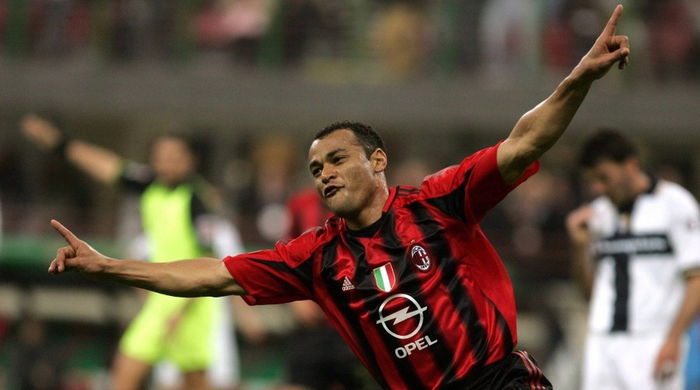
If you've read this far, thank you very much, I hope you had fun and enjoyed the content.
Don't forget to share this article on social media. Until next time!









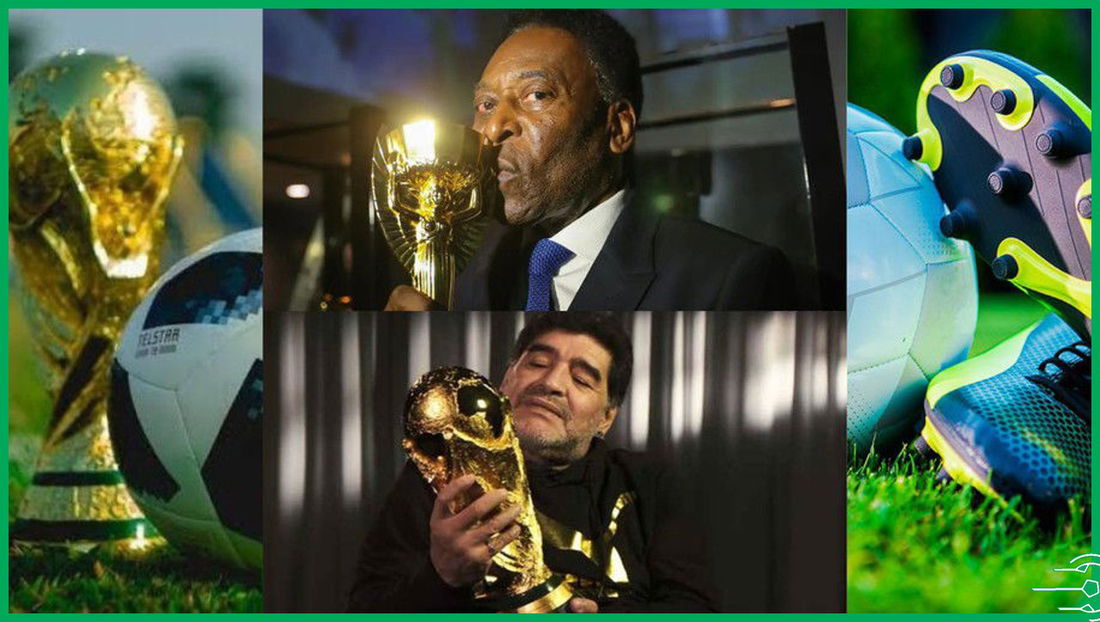
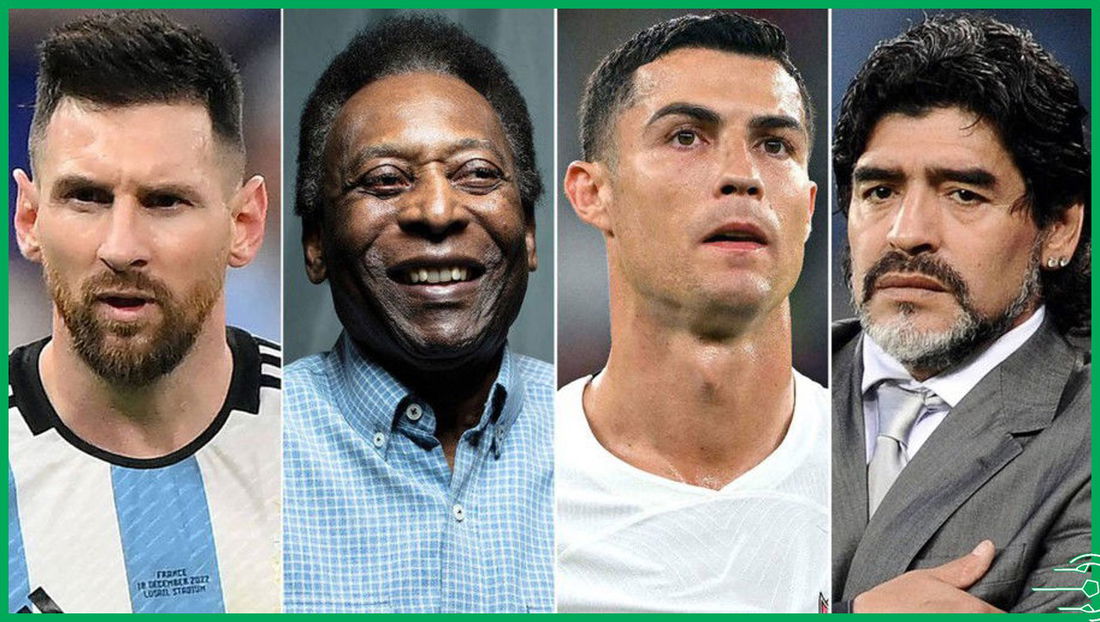



— Comentarios 0
, Reacciones 1
Se el primero en comentar